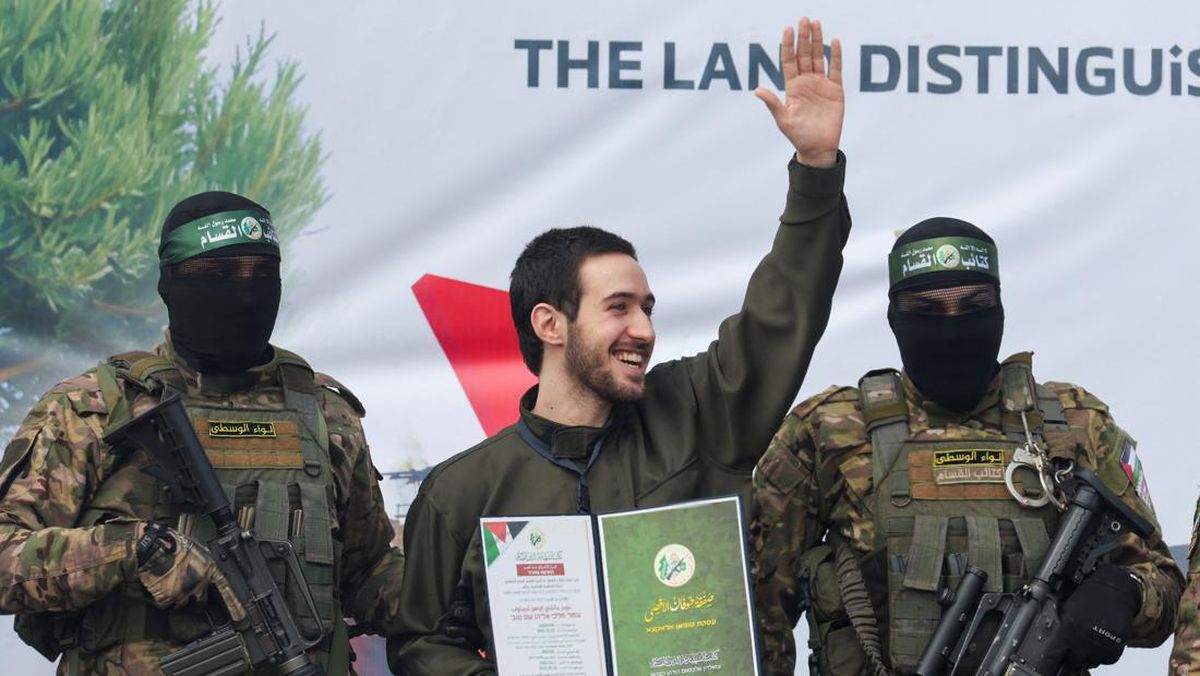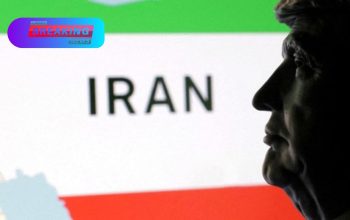Israels latest Gaza capture operation has added a new twist to the already complex conflict in the Middle East. In a surprising move, Israel has invited Hamas to engage in negotiations over the release of hostages. This development places the issue of hostage release negotiations at the center of global attention, highlighting the difficult balance between military campaigns and humanitarian concerns.
The decision to extend an invitation for dialogue comes as Israeli forces intensify their offensive in Gaza. While the military push aims to weaken Hamas’ control, it has also raised fears of heightened civilian casualties and prolonged instability. For many observers, the gesture toward talks underscores Israel’s attempt to show both strength and flexibility.
The Strategic Calculations Behind Israel’s Offer Israels
Israel’s invitation to Hamas is not merely an act of goodwill. Analysts suggest that it represents a calculated attempt to maintain international legitimacy while continuing military operations. By positioning itself as open to dialogue, Israel can reduce global criticism and maintain stronger ties with Western allies, particularly the United States and European Union.
At the same time, the Israeli leadership is under pressure from families of hostages who demand swift action to bring their loved ones home. This humanitarian angle adds urgency to the negotiations, making it harder for either side to ignore the issue.
Hamas’ Likely Response Israels
For Hamas, the invitation presents both opportunity and risk. Entering negotiations could offer them a chance to secure concessions, such as easing the blockade or prisoner exchanges. However, Hamas risks being perceived as weakening its stance if it engages while under heavy military pressure.
Historically, Hamas has used hostages as leverage to gain political and strategic benefits. Whether the group chooses to enter discussions now depends on its assessment of battlefield realities and international support.
International Reactions
The international community has closely followed these developments. The United Nations and regional powers like Egypt and Qatar are expected to play mediating roles if talks progress. Western nations, meanwhile, have expressed cautious optimism. Many hope that hostage release negotiations could serve as a stepping stone toward broader de-escalation, though few believe it will resolve the deep-rooted conflict entirely.
Humanitarian organizations have also urged both sides to prioritize civilian lives. With Gaza already suffering from shortages of food, water, and medical supplies, negotiations on hostages could bring indirect relief to the population by reducing immediate tensions.
Challenges Ahead
Despite the potential for dialogue, several obstacles remain. Trust between Israel and Hamas is virtually nonexistent, and both sides carry a long history of broken agreements. Furthermore, ongoing violence makes the logistics of talks uncertain. Even if negotiations occur, reaching a mutually acceptable outcome will require substantial compromises, something neither side is known for.
The Bigger Picture
Israel’s invitation to Hamas highlights the dual track of conflict and diplomacy that has characterized the Middle East for decades. While military operations seek to achieve security objectives, hostage release negotiations show the necessity of dialogue, even with sworn adversaries.
For the world, this moment is a reminder that wars are not only fought on the battlefield but also at the negotiating table. Whether the current initiative succeeds or fails, it will leave a lasting impact on the trajectory of the conflict and the future of Israeli-Palestinian relations.



